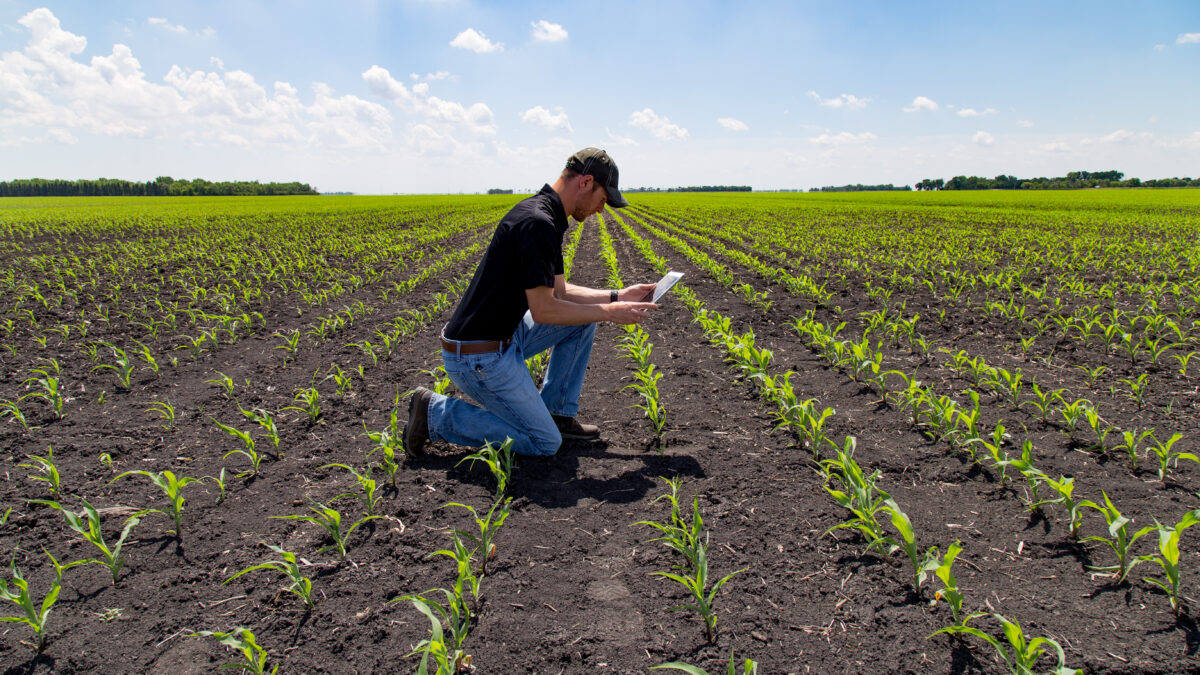Agricultural advisory services are widely viewed as the most fundamental tool in the effort to modernise Greece’s agricultural sector. These services are associated with support, information, training and guidance for farmers, and can result in increased productivity and competitiveness for farming operations and the sector overall.
Today, the role of agricultural advisers – aligned with the objectives of the Common Agricultural Policy (CAP) – extends beyond simple field visits and is now closely tied to innovation and knowledge exchange. According to a European Commission report on the creation of Agricultural Knowledge and Innovation Systems (AKIS), agricultural advisers can function as intermediaries for innovation. In other words, they can identify innovative ideas based on producers’ needs, linking research institutions and innovation bodies with farmers, and even connecting farmers with each other to exchange ideas. Indeed, one of the cross-cutting policy objectives of the CAP is support for innovation through knowledge systems and agricultural advisers, to bolster knowledge transfers and strengthen the links between research and practice. It also seeks to enhance farmers’ access to advisory services, promote their connection to knowledge and innovation, and support the digital transition of agriculture.
To effectively perform their role, agricultural advisers will have to be:
a. Outward-looking and up to date in their field of specialisation.
b. Equipped with both theoretical/technical knowledge and hands-on experience.
c. Active listeners capable not only of transferring knowledge, but also of developing effective two-way communication with farmers.










